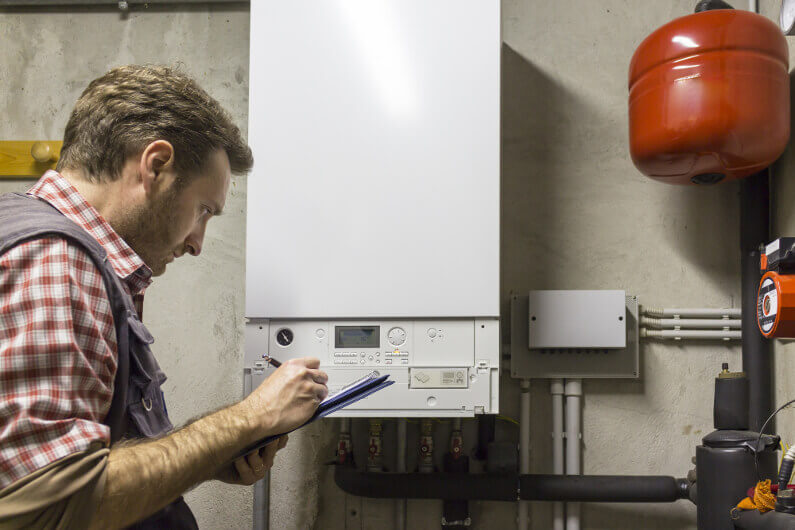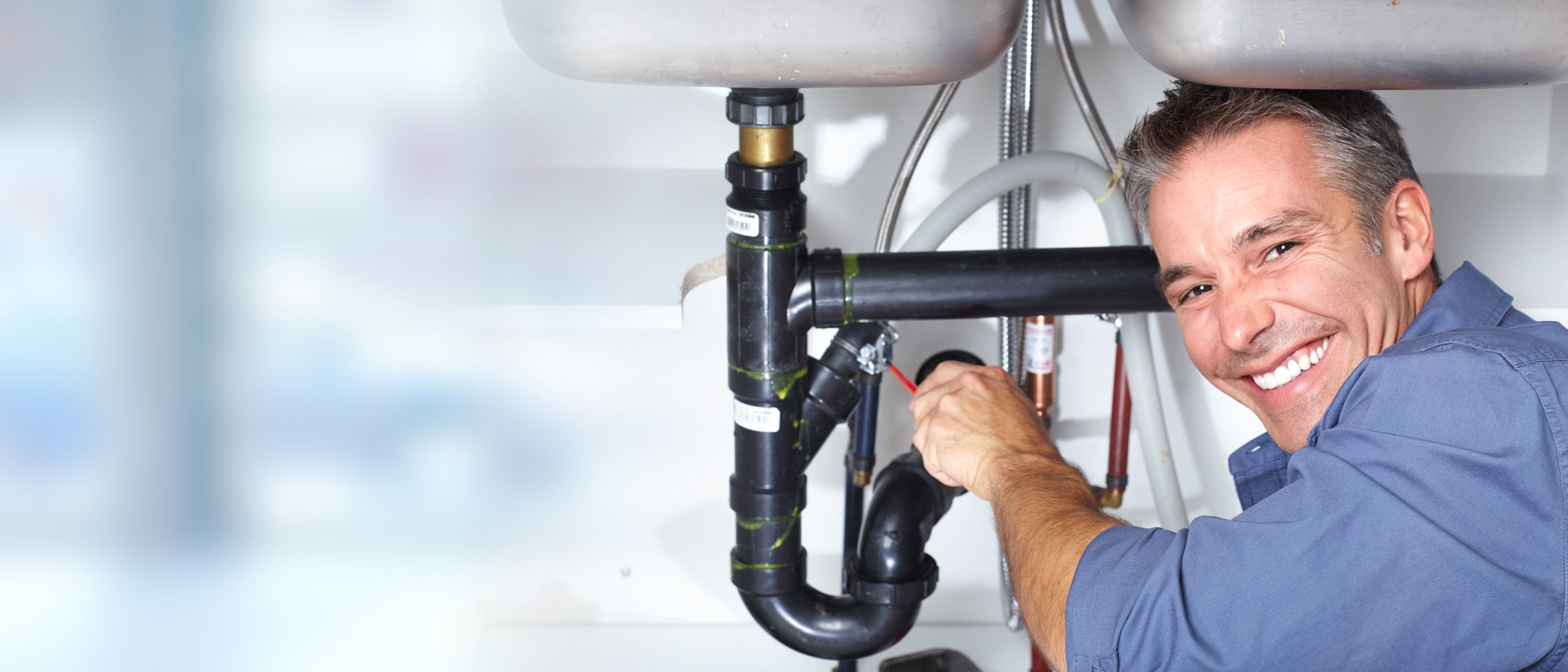Six Practices You’re Accidentally Damaging Your Plumbing Systems
Six Practices You’re Accidentally Damaging Your Plumbing Systems
Blog Article
We've come across this post involving Leak Detection and Repair Without Destroying Your Home listed below on the net and thought it made good sense to write about it with you in this article.

The secret to durable appliances, unsurprisingly, appertains maintenance. There's no set rule that can guarantee your plumbing appliances a lengthy wear, however you can stop unnecessary damages and also repair services by preventing poor plumbing routines.
You ought to quit doing these 6 things else you'll keep calling your plumber over for minor faults.
Purging every little thing
Yes, your commode drain brings about the drains, however that does not imply you should dispose simply anything away. Numerous 'flushable' materials are really terrific blockage starters, for example floss. Asides keeping noticeable non-flushable products like cords and plastics out of your bathroom, you need to likewise avoid flushing cotton swab, menstrual products, wipes, daipers and also condoms down the bathroom drain.
Putting grease in the sink
We know appropriately throwing away oil after a hearty meal is a discomfort. But merely pouring it down the tubes can do long-term harm to your pipelines. "The fat as well as grease can block your drain severely adequate to force you to call a plumber," explains Dawson. "Plumbing functions best when it's well looked after-- not abused with grease."
Using too much drainpipe cleaner
Using a drain cleaner greater than once or twice a month is an indicator that something major is going on within your pipelines. Currently, instead of encountering the primary concern, you go for a quick fix; a carbonated drain cleaner. Rightfully, a drain cleaner will look after the blockage, yet at what expense?
The chemicals in a drain cleaner can quicken the deterioration of your pipelines. Add that to whatever underlying issue is triggering the clog and also you might have to a severe trouble on your hands.
If you experience a lot of obstructions, call your emergency plumber rather than using a drain cleaner.
Not washing recipes prior to filling them right into the dish washer
it's called a dish washer, yet tossing in meals, pots, and also pans covered in huge food fragments can really create some major damages to the home appliance, bring about long-lasting issues down the line. "House owners might need to obtain their dishwashing machine repaired regularly if they don't wash their meals prior to filling, or at the very least get rid of bigger food pieces," clarifies Audrey Monell, proprietor of Forrest Anderson Plumbing as well as Air Conditioner in Glendale, Arizona. "Food that gets stuck on recipes creates the dishwasher to work harder, which can wear down components much faster, resulting in problems."
DIYing whatever
With plumbing, a stitch in time really does save nine. You can avoid a fullblown plumbing emergency by calling your plumber at the correct time.
You may have discovered a couple of plumbing hacks from your daddy, yet you should certainly recognize where to fix a limit and call an expert. For instance, you might be able to deal with a blockage on your own, yet you shouldn't attempt to transform a pipe. You could mismatch pipes or overtighten a screw, causing even more injury and also damage than you assumed. Calling a plumber is a risk-free and also affordable choice.
Not changing your dishwasher pipes
One very easy way to ensure that you use your dishwashing machine for many years is to replace the tube at the very least when in 5 years. This likewise applies for washing machine hoses.
With time, food fragments, soap and also grease can form clogs within your pipes. Changing them on time will certainly prevent any type of presure accumulate that can harm the internal operations of your dish washer or cleaning maker.
A reinforced steel braided tube does a great job of prolonging your machine's usage time.
No wintertime safety measures
Extreme weather conditions are bad for your pipelines, particularly if they're made from steel. You should insulate your revealed pipelines, and your water container, even if you have a water heater. You should additionally shut off your garden hose shutoff as well as any other outside water channels. These networks are outlets for cold; you pipelines can start to ice up from outside if you do not.
How Hard Water Damages Your Plumbing and Appliances
Hard water is no stranger to most households across America. This silent invader affects 85% of homes in the United States every day, wreaking havoc on pipes, plumbing fixtures, and water-using appliances.
Should you become a victim of hard water, you must understand exactly what it is and how it affects your plumbing and appliances. This will help you determine the correct measures to put in place to fix or prevent any problems that may arise.
First off, what exactly is “hard” water?
In short, “hard water” is used to describe water that contains relatively high amounts of dissolved minerals, primarily calcium and magnesium, and a host of trace metals. When rainwater falls from the sky (usually in a pure form), it absorbs the hardness minerals from rocks and soil, which changes it from soft to hard water.
What about my plumbing and appliances?
Mineral deposits from hard water can cause buildup on tubs, shower, sinks, faucets. But that’s only a small scratch of the surface. Those minerals can gradually build up inside pipes, fixtures, water heaters, washing machines, and dishwashers. Once they accumulate in those areas, they can clog pipes and create major problems throughout your plumbing system, from reduced water flow to increased pressure on pipes and fixtures.
This limescale buildup might affect some appliances, causing them to operate less efficiently and wear down faster. And the result? Higher energy bills, more (costly) plumbing replacements and repairs, and damaged appliances.
Keep in mind that certain types of plumbing are more susceptible to clogging than others. Copper, PVC, and PEX pipes are more resistant to hard water buildup and corrosion, but they can still get clogged or completely blocked by scale deposits.
How do I know if my water is hard?
White limescale buildup on plumbing fixtures (or any of the other signs mentioned above) is usually a good sign that your water is hard. If you suspect that you have hard water, you can simply shake up a small amount of dish soap and water in a closed container. If the mixture doesn’t create a lot of suds, you probably have hard water.
The most precise method, however, is to test your water with a DIY test kit (sold online or at local home centers or hardware stores) or send a water sample from your tap to a local lab to be tested. Be sure that you understand the nature of the test, the water condition being measured, and the significance of the test results.
Another way to obtain an estimate of water hardness is to check your annual water quality report to see if your water provider has reported any instance(s) of water hardness in your water supply.
https://www.springwellwater.com/how-hard-water-damages-your-plumbing-and-appliances/

I have been very taken with Don’t Let an Earthquake Damage Your Plumbing and I really hope you appreciated the new blog post. Sharing is nice. One never knows, you could be doing someone a favor. Thanks a bunch for your time. Don't forget to come by our website back soon.
Learn More Report this page